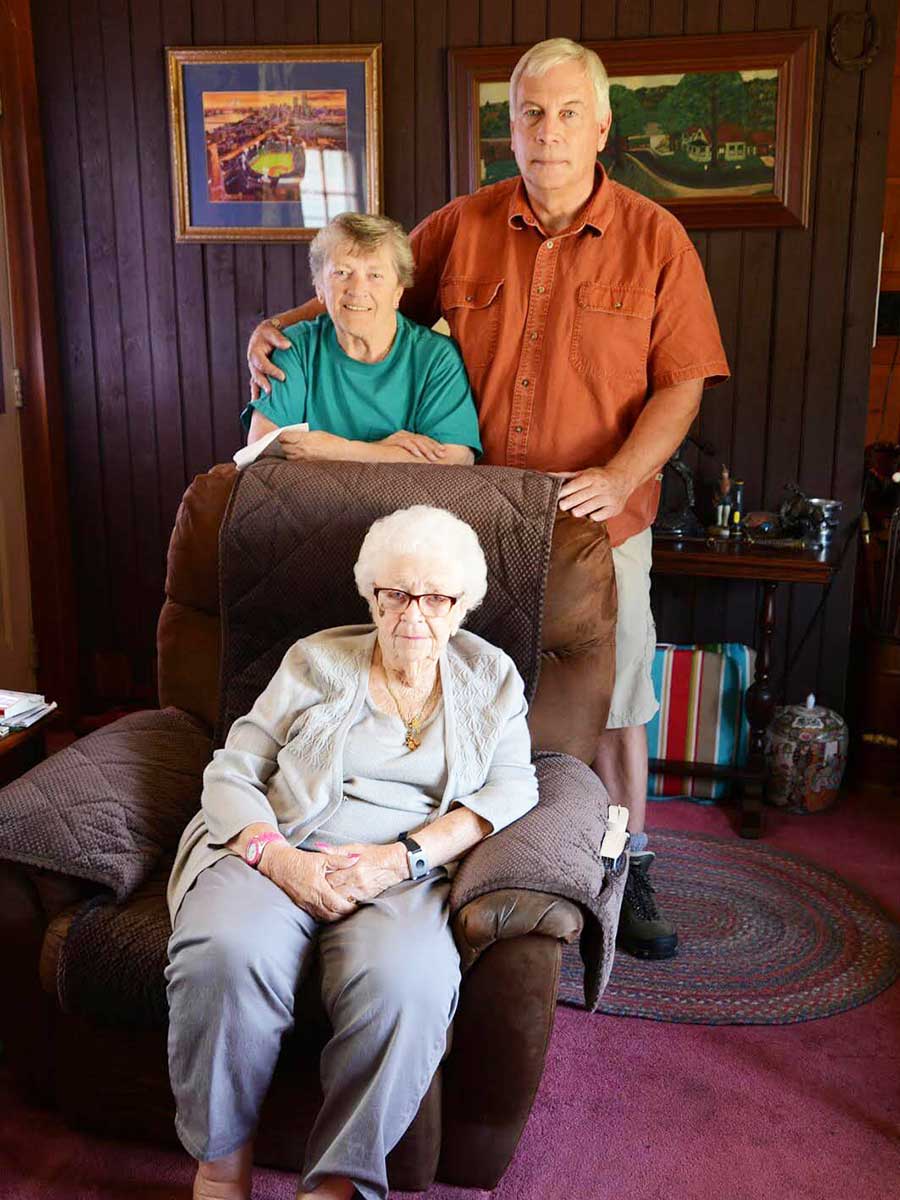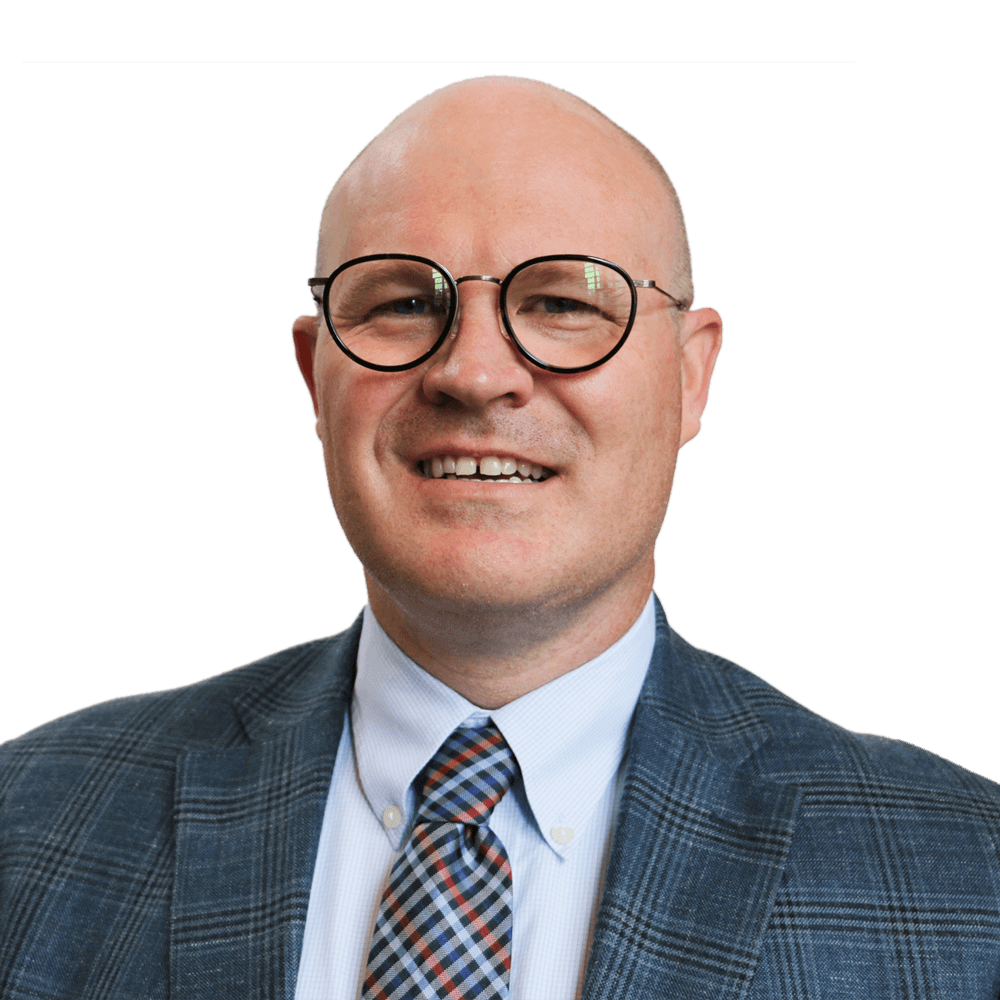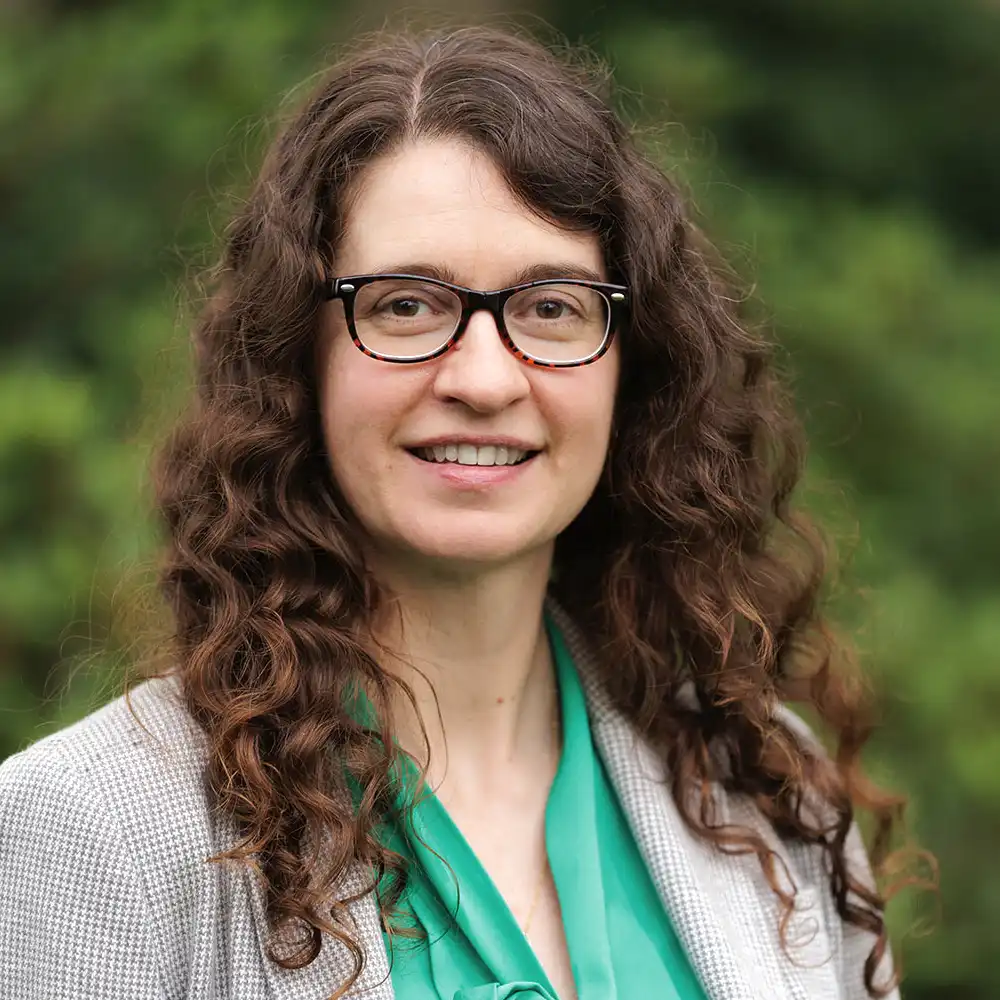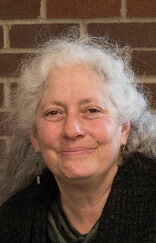Steve McKnight serves elders and his community with Rides for Health
One day, after Steve McKnight retired from a long career with the Massachusetts Department of Conservation & Recreation about three years ago, he was browsing through the newspaper when he came across a description of a new program at LifePath that was seeking volunteers.
“I thought, well, maybe I’ll just give it a call and see what it’s about,” says Steve.
After that phone call, Steve trained to be one of the first volunteers with Rides for Health. “We had a half-day training session that was very good,” says Steve. “They basically trained us in what we needed to do.” Trained volunteers in the Rides for Health program offer door-through-door assisted transportation to elders and persons with disabilities enrolled in LifePath’s Home Care program who need help getting to places like their doctor’s office or pharmacy.
Rides for Health Program Director Trevor Boeding matched Steve with a mother and daughter, Martha Shibilo and Donna Gates, who live together in Montague and do not drive. Both are fond of Steve.
“Steve is a very good match for us. He’s very kind, he’s very caring,” says Donna. “He’s one of the nicest men you could ever meet.”
“I just call him and ask him if he can pick me up at a certain time, and he’s right there. Hasn’t refused me yet,” laughs Martha.
“He will come to the house, probably 15, 20 minutes early. He comes to the door,” says Donna. “Every time he picks us up and he leaves us, my mom always says, ‘What a nice man he is.’ And he is. He’s a terrific man. And he’s got a wicked sense of humor and he puts up with us.”
“He’s got a big sense of humor,” Martha agrees, “and we enjoy him and don’t know what we’d do without him.”
“They’re good people,” says Steve. “They’re very easy to deal with and to bring to their appointment. When I pick them up for their appointment, a lot of times Martha now has to be in the wheelchair. I’ll wheel her in and I’ll sit with Martha and Donna in the waiting room, whatever doctor’s office it might be. And we just talk and visit, and I wait for them and then bring them back home.”
The volunteer training covered how to assist those who may need extra help with mobility or accessibility issues, so Steve feels prepared. He has even gone above and beyond by taking the initiative to build a special stool with a handle to help those who need extra help getting into and out of his SUV.
“It’s a wonderful invention he’s made,” says Donna. “It’s very sturdy.”
“I purchased a small stool,” Steve explains, “and then I added the platform with a couple other sets of legs to make it stable. And it seemed to work.”
Steve has experience helping his own parents and his in-laws as they’ve gone through the challenges of aging. “My father, he’s been blind for twelve years,” says Steve, “and my mother was going into Alzheimer’s and dementia.” He feels good about being there for others who are in need. “I know people need this help because they don’t have family to help them. It makes me feel good that I can kind of help somebody.”
Donna and Martha are grateful for Steve’s service. “Steve is really a good guy. He’s used to being around old people like me,” says Donna. She especially appreciates how well he interacts with her mother. “He’s very helpful. He never looks down on her. If she needs assistance, he helps. He kids her, he talks to her. So she enjoys visiting with him.”
Navigating to the doctor’s office used to be a cumbersome process, says Donna. “Prior to the driving service, we had to beg, borrow, and steal from people to get them to take us, and it’s not always convenient. You’re relying on other people who have lives. It just doesn’t always work out the way you like it to.”
In the past, Donna and Martha have had to take a taxi, which “becomes very expensive,” says Donna. At times when they have tried to use the bus service, it has been challenging for Martha to get on and off the bus, and she is unable to wait the several hours it may take between a journey to the doctor’s office and the return trip home.
Without Steve, says Martha, “I don’t know what I’d do. I really don’t know what I’d do.”
In return for his service, Steve feels he is supported by Rides for Health, too. Program Director Trevor Boeding offers meetings every few months and is always available to answer questions from the volunteers. “If you have an issue, you can just call him up or you can email him,” says Steve. “He’ll direct you or give you any information, help you. So it’s very easy, really.”
The other Rides for Health volunteers have found ways to support each other, too. “The drivers got together and decided if we couldn’t make our appointments,” says Steve, “instead of having to cancel them and try to reschedule, that we’d contact each other to see if one could fill in. And I’ve done that a few times with two different clients, and that worked out fine. They’re very nice, too.”
Rides for Health is always looking for new volunteers to be matched with other clients like Martha and Donna in the Home Care program at LifePath. “Transportation to medically necessary appointments is a critical unmet need in the area,” says Trevor, who hopes that more people will join him and Steve in working to address this need by becoming volunteers.
Steve hopes others will be inspired to try it out, too. “I think anybody could do it if they want to do it.”
If you’d like more information about becoming a volunteer with Rides for Health, click here.





